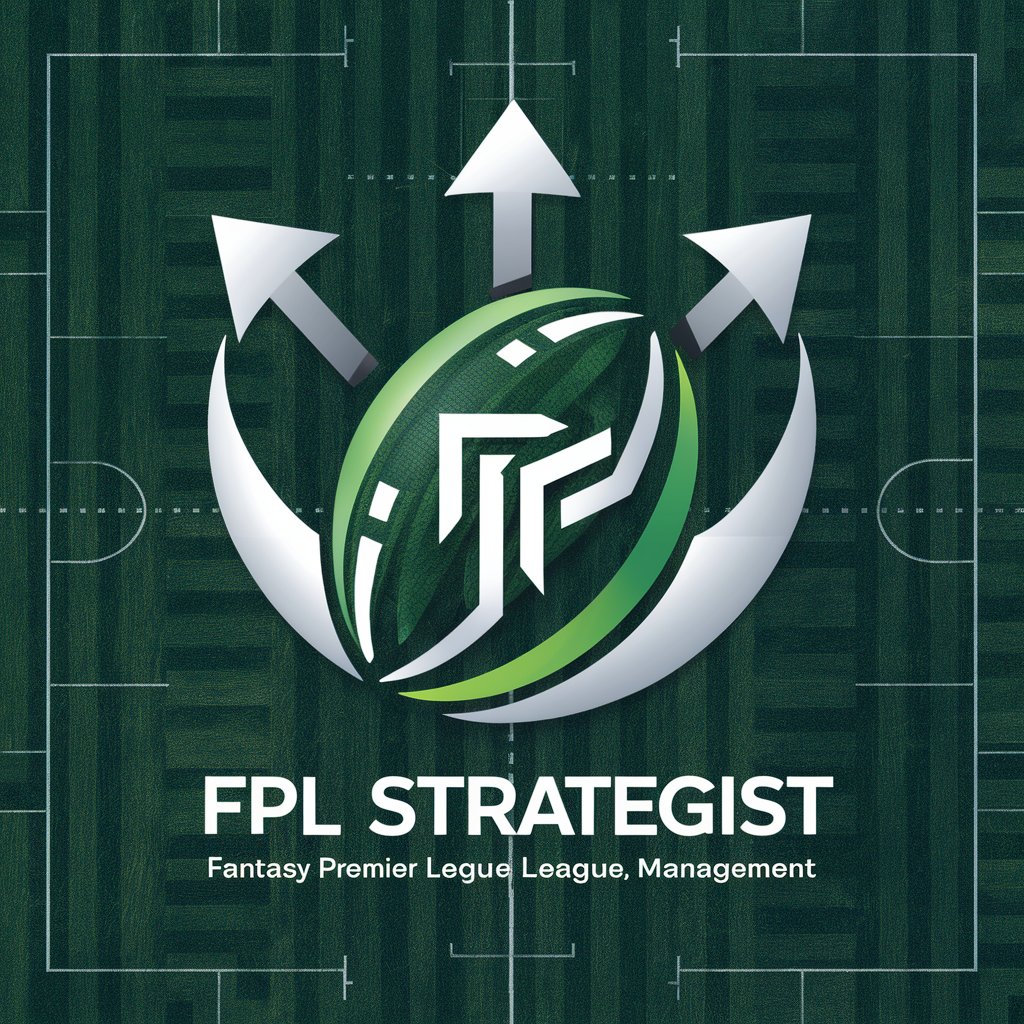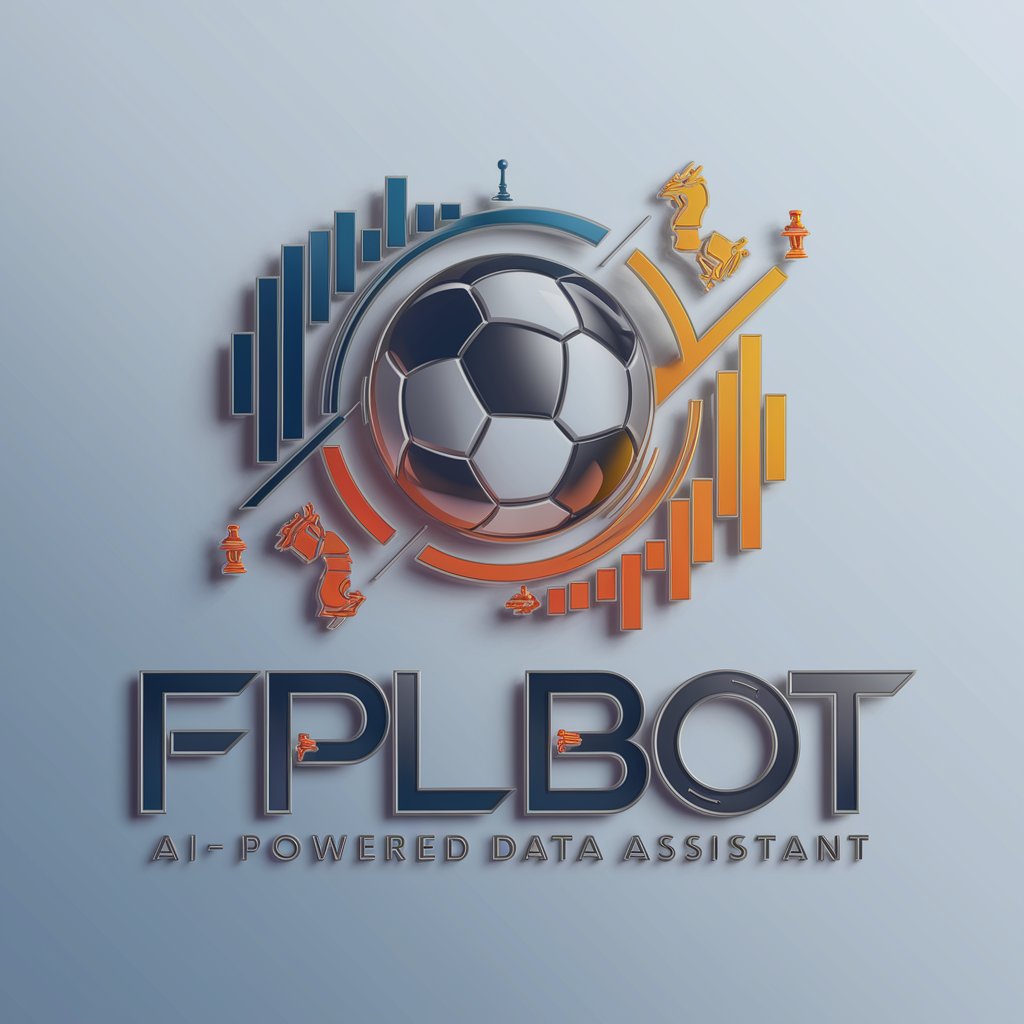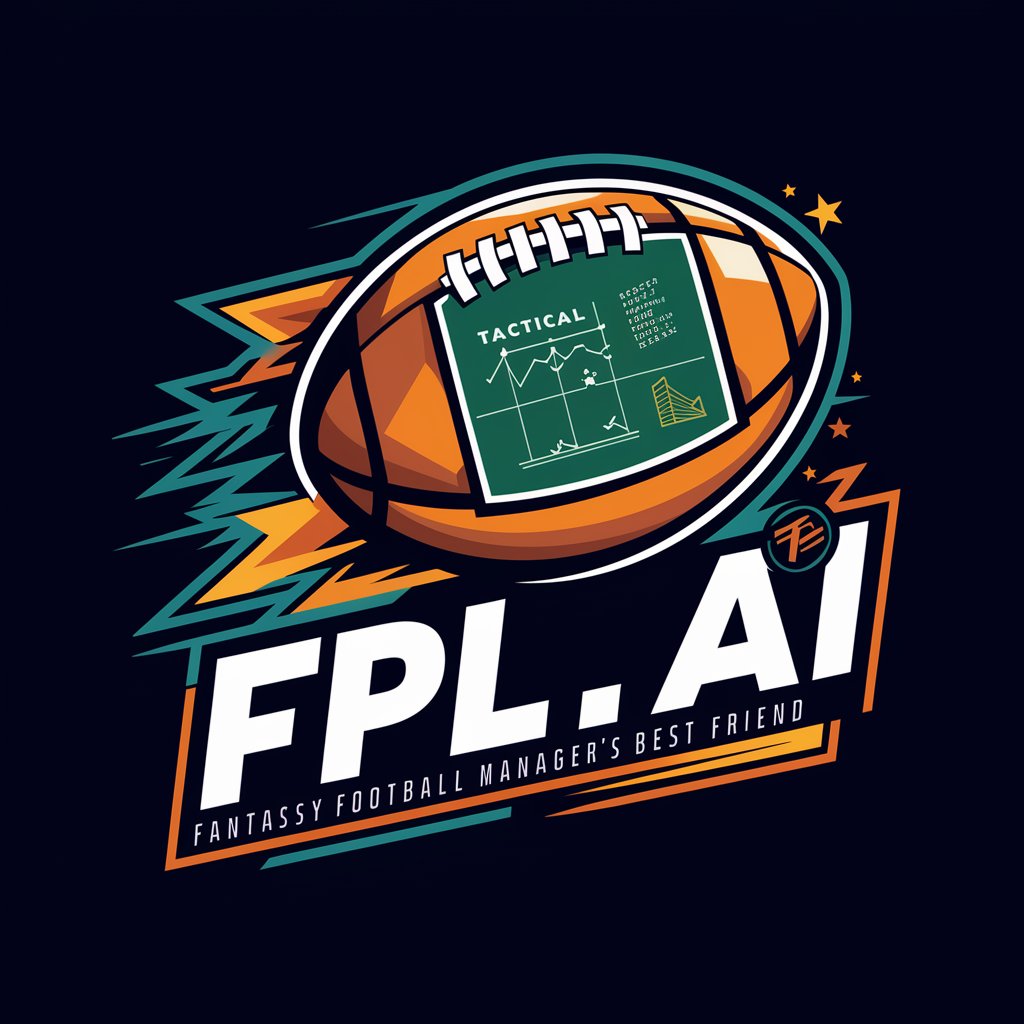9 GPTs for Fixture Analysis Powered by AI for Free of 2026
AI GPTs for Fixture Analysis are advanced generative pre-trained transformer models tailored specifically for analyzing and predicting outcomes in fixtures across various domains, such as sports, events, and resource scheduling. These AI tools leverage large datasets to understand patterns, predict future occurrences, and offer insights based on historical data. Their role is pivotal in providing detailed, accurate forecasts and analyses, making them indispensable in planning and decision-making processes related to fixtures.
Top 9 GPTs for Fixture Analysis are: SoRare/Fantasy Soccer Expert,AI FPL Strategist,⚽Fantasy Football Scout | Personal FPL Assistant ⚽,Fantasy League Advisor,FPL Bot,FPL.ai - Fantasy Football,FPL Coach,(FPL) Fantasy PL,Fixture Planner
SoRare/Fantasy Soccer Expert
Empowering fantasy soccer decisions with AI insights.

AI FPL Strategist
Empower Your FPL Decisions with AI

⚽Fantasy Football Scout | Personal FPL Assistant ⚽
Maximize Your FPL Potential with AI

Fantasy League Advisor
Elevate Your FPL Game with AI

FPL Bot
Optimize Your FPL Team with AI

FPL.ai - Fantasy Football
Maximize Your FPL Success with AI

FPL Coach
Elevate Your FPL Game with AI

(FPL) Fantasy PL
Optimize your FPL strategy with AI-powered insights.

Fixture Planner
Optimize Play with AI Scheduling

Key Characteristics and Capabilities
AI GPTs designed for Fixture Analysis excel in their adaptability, processing vast amounts of data to provide insights and forecasts with high accuracy. Key features include: 1. Predictive analytics for future fixtures based on historical data. 2. Customizable analysis parameters to suit different needs and domains. 3. Language learning capabilities for processing multilingual data. 4. Technical support for integrating with existing systems and databases. 5. Advanced data analysis techniques, including machine learning and statistical modeling, to refine predictions and analyses.
Who Benefits from Fixture Analysis AI?
These AI GPTs tools cater to a wide range of users, from novices seeking straightforward predictions to developers and professionals requiring detailed analytical capabilities. They are particularly beneficial to: 1. Sports analysts and bettors looking for predictive insights. 2. Event planners needing accurate scheduling forecasts. 3. Resource managers in charge of optimizing allocations. The tools are designed for easy use without coding skills, yet offer extensive customization for those with technical expertise.
Try Our other AI GPTs tools for Free
Captain Picks
Discover AI-powered Captain Picks tools, designed to revolutionize decision-making in sports, gaming, and leadership with data-driven insights and intuitive AI.
Programming Code
Discover how AI GPTs for Programming Code revolutionize software development with tailored solutions for coding tasks, from novice learning support to advanced development optimization.
Calculus Support
Discover how AI GPTs for Calculus Support revolutionize learning and application of calculus with tailored solutions, step-by-step guidance, and advanced problem-solving capabilities.
Islamic Learning
Discover AI GPTs for Islamic Learning: your digital gateway to exploring Islamic teachings, culture, and languages through advanced AI technology.
Religious Queries
Discover how AI GPTs for Religious Queries transform the exploration of faith, offering tailored insights into religious texts and practices through advanced AI technology.
Symptom Checker
Explore AI GPTs for Symptom Checker, your AI-powered guide for instant health insights. Get tailored advice on symptoms with our advanced AI technology.
Enhanced Perspectives on AI Solutions
AI GPTs for Fixture Analysis not only provide predictions but also offer a deeper understanding of data patterns, enhancing decision-making across sectors. Their adaptability to different languages and integration capabilities make them an invaluable asset in global and local contexts alike. Furthermore, their user-friendly interfaces ensure that these powerful tools are accessible to a wide audience, fostering a data-informed approach to fixture analysis.
Frequently Asked Questions
What exactly is AI GPT for Fixture Analysis?
It's a type of AI that uses generative pre-trained transformers to analyze and predict outcomes in various fixtures, helping users make informed decisions based on data-driven insights.
How does AI GPT tailor its analysis for different fixtures?
By training on specific datasets related to the fixture type, AI GPTs can adapt their predictive models to provide accurate forecasts tailored to the unique characteristics of each fixture.
Can non-technical users easily utilize these AI tools?
Yes, these tools are designed with user-friendly interfaces that allow non-technical users to access sophisticated analyses without needing programming knowledge.
What customization options are available for developers?
Developers can customize analysis parameters, integrate the AI with existing databases or systems, and even modify the AI's learning algorithm to better suit specific needs.
How accurate are the predictions made by these AI tools?
While accuracy varies, AI GPTs for Fixture Analysis are developed to provide highly accurate forecasts by constantly learning from new and historical data.
Can these tools process data in multiple languages?
Yes, one of the core features of these AI tools is their ability to learn and process data in multiple languages, making them versatile for international fixtures.
Are there any sectors where these AI GPTs are particularly useful?
These tools are highly beneficial in sports, events planning, and resource management, where predicting outcomes is crucial for decision-making.
How do these AI tools integrate with existing systems?
They can be integrated through APIs or custom software interfaces, allowing seamless data exchange and functionality within existing workflows.